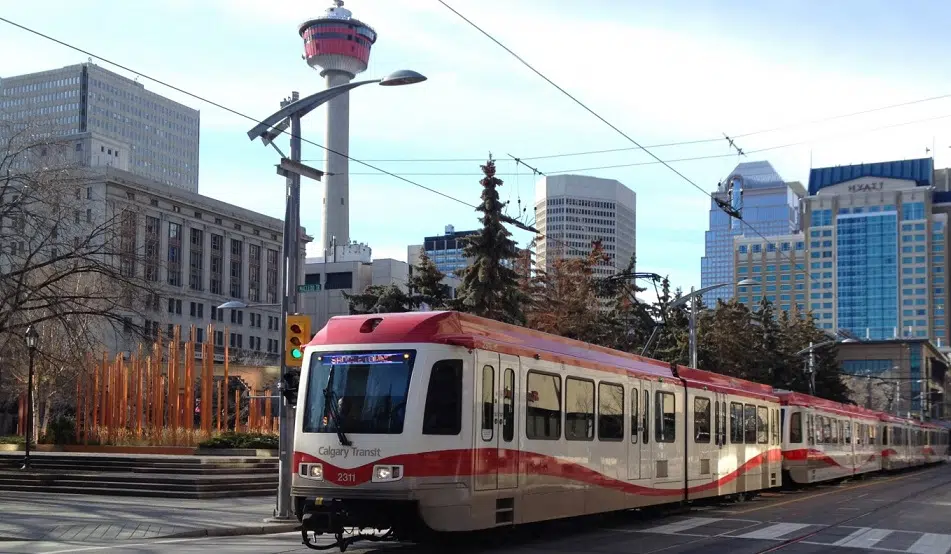The governments of Ontario and Quebec recently announced their intention to enter into a cap and trade arrangement. The goal here is to put a price on carbon dioxide. The economic argument is pretty simple. Markets are an efficient manner in which to allocate resources, and there is no market for carbon dioxide. Because of this, there is no price for carbon dioxide, so it will be used inefficiently. A cap and trade system is an attempt to create a market, which would create a price for carbon dioxide. One way to look at this is that it essentially creates a tax on carbon dioxide. Notice, however, the underlying assumption is that carbon dioxide is bad, and emission of carbon dioxide is contributing to global warming. There are a growing number of individuals who just do not buy into this man made global warming hypothesis. However, leaving this argument aside, there is a strong possibility that this cap and trade system may lead to what politicians euphemistically call unintended consequences.
If a government feels that they must tax something, this tax should be open and understood. A cap and trade method of implementing a carbon tax is anything but transparent. What will happen is that firms will have to pay more to produce goods and this will be passed along to consumers, who will likely not connect the increase in price of goods with the carbon tax. Therefore, implementing a carbon tax through a cap and trade system could be viewed as a cynical political manner in which to tax something without the government taking blame for instituting the tax. From this perspective, if a government feels that they must institute a carbon tax, then why not just put a tax on gasoline, as was done in British Columbia?
The odd thing about this agreement is that no details have been announced. The success of a cap and trade system depends crucially on how it is implemented. In Europe implementation of the cap and trade system led to very high electricity prices and failed to reduce emissions. It is easy to see why Quebec is in favor of this agreement, as they generate electricity largely through hydro power, but the only reason for Ontario to enter this agreement is so that they can be perceived as being “green” while finding a new method to tax Ontarians.
Premier Wynne has announced that the money raised from this tax will be diverted into more green energy initiatives. This is a very bad idea. Ontario’s recent green initiative forced the province into wind and solar power, which are very expensive forms of energy.
Accordingly, electricity prices increased dramatically. Now what will happen is that this carbon tax will increase the price of electricity even more, which would make the cost of producing goods increase. Inevitably, firms will line up at Premier Wynne’s door asking for exemptions. Consider the following irony. The auto industry is important to the Ontario economy, and will likely be granted some sort of opt-out. Therefore, Ontario will be implementing a carbon tax to reduce carbon emissions, while exempting the auto industry, while most of the emissions come from the tailpipes of cars.
There is a further hypocrisy in this whole potential mess. With green energy being very expensive, there will be increased use of what is left of gas fired electricity production (remember the gas plant fiasco), which will require Ontario to buy permits from Quebec, as well as importing cheaper Quebec electricity. So, we have a policy that increases prices of electricity in Ontario, which makes manufacturing goods more expensive, and Ontario goods will be priced out of the market, forcing them further into the hole of “have not” provinces, while Quebec benefits economically. Now think of the system of inter-provincial transfers which is commonly referred to as equalization. Alberta is one of the net payers and Ontario and Quebec are net recipients. Therefore, Alberta, which apparently produces bad energy, pays for a cost increasing disastrous green energy policy in Ontario, which will lead increased transfer payments from Alberta to Ontario. Meanwhile, Quebec sells permit to Ontario and looks very green while receiving transfer payments from the province that produces bad energy.
Sadly, one cannot help but think that this is a typical Canadian outcome of a very bad economic policy.


